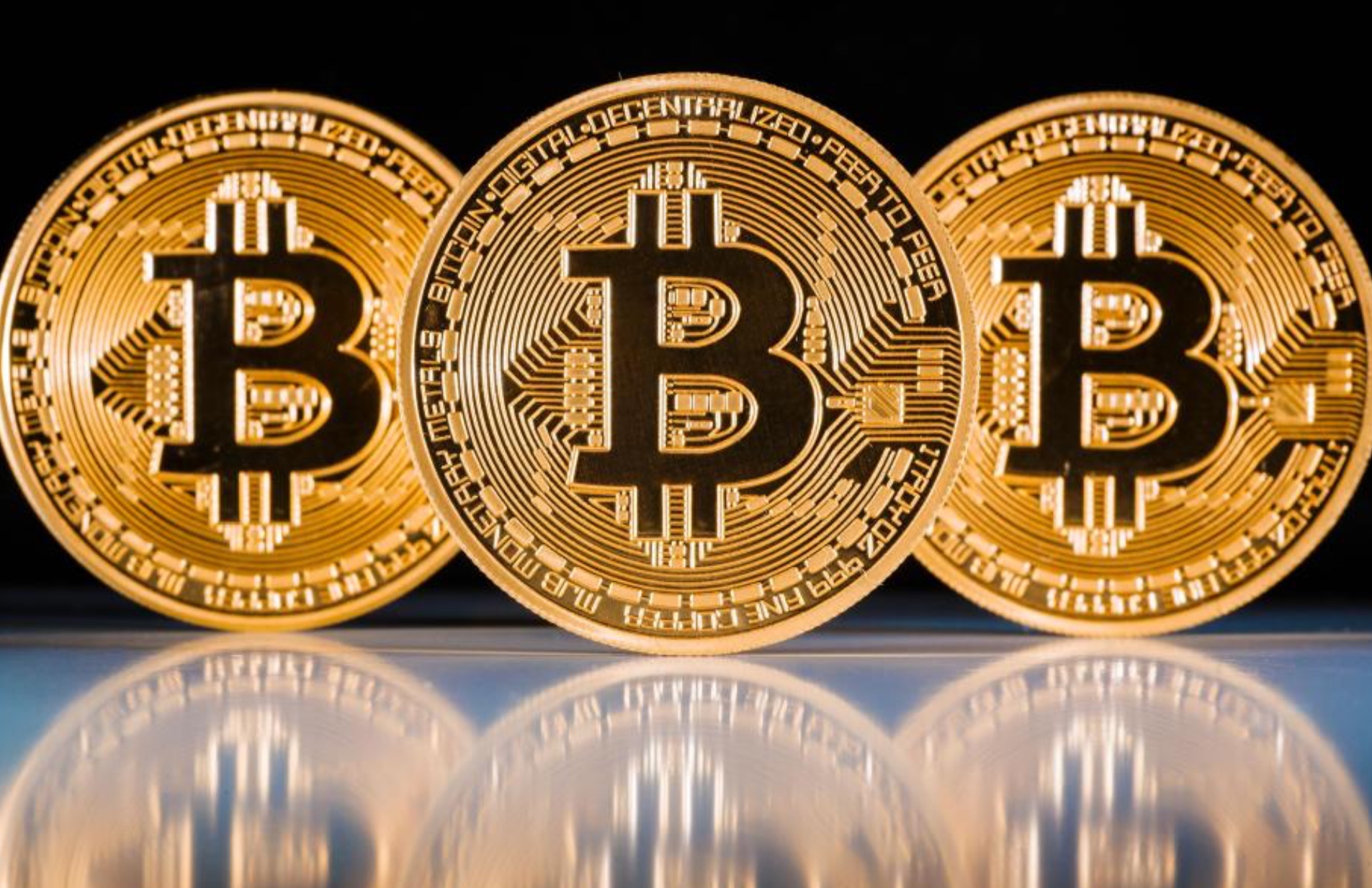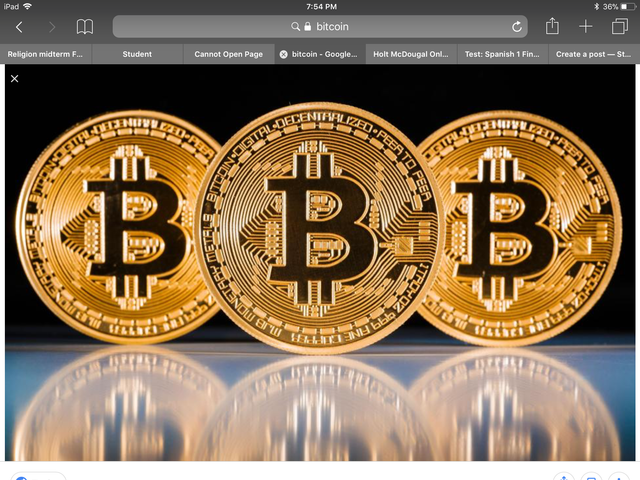Bitcoin will change the world
Magic internet money—also known as cryptocurrency—is at an all-time high. The experts who watch this stuff predict that one bitcoin (the most famous cryptocurrency) will soon be worth $2,000.
The big selling point of cryptocurrencies like bitcoin is their use of something called the blockchain to make any transaction mossstly trustworthy. In a cryptocash economy, the blockchain renders treasuries, banks, credit cards, and other financial organs vestigial. Enthusiasts believe these decentralized, cryptographically sealed databases could starve inefficient middlemen from virtually any system. And today in Nature, conservation biologist Guillaume Chapron argues that blockchains can even save the planet.
Basically, all a blockchain does is assign any piece of information a unique signature. If someone alters that information, that unique code no longer works, and you know something fishy is afoot. In bitcoin and other cryptocurrencies, the whole community then reviews every attempted transaction to ensure each is unique—preventing shenanigans like spending the same money twice. But it can come in handy elsewhere. Walmart recently launched a trial using a blockchain to fight food poisoning and waste by tracking food from supplier to shelf. Say a salmonella outbreak hits Sioux City, Iowa. Walmart's supply chain blockchain would let it irrefutably trace the tainted product back to a spinach farm in Salinas, California.
"One reason why we have environmental crises, like the overexploitation of natural resources, and pollution, is because the global economy is full of actors who are doing business without much accountability," says Chapron. "When you go buy something, you have no idea where it comes from, how it's made. There are so many intermediaries, and it's very easy to cheat." Cheating, in this case, means more than companies lying about where they dump their garbage. And actors can be anyone, including nation-states.


Transparency also improves under the blockchain model, Chapron says. Many sustainably sourced goods come from small communities vulnerable to graft and exploitation by middlemen. Using something akin to Walmart's food safety program, a blockchain could ensure that a grouper being tossed through Tokyo's Tsukiji Market actually came from a sustainable fisherman in Indonesia.
The blockchain, Chapron argues, can also enable financial incentives to help the environment. With blockchain banking, for example, farmers in Kenya could get quick, corruption-free insurance payouts whenever an endangered elephant tromps through their fields. And the blockchain could discourage corporations and governments from backpedaling on their environmental promises or misreporting their progress.
Even the increased efficiency of something like Walmart's blockchain program can benefit the environment. Brigid McDermott is VP of blockchain business development at IBM, and she helped Walmart develop the program. "I spent about a three month period telling the press, 'Look, blockchains aren't magic, it can't do everything, it's not like we're out here solving world hunger,'" she says. "But then I thought, 'Wait, solving world hunger is exactly what we're doing.'" She points out that about one-third of all food is wasted. A lot of this waste occurs because food is improperly handled, shipped, or stored somewhere in the supply chain and spoils.
Eliminating spoilage saves resources. Now, this alone won't solve world hunger. And like McDermott said, blockchains aren't magic: You can't encrypt a fish in Indonesia and expect it to pop out, sustainably caught, plump and shiny-eyed, in Tokyo. Making this work means getting people to adopt it.
And that requires more than just beaming reliable internet across the developing world. "If you are going to use this technology to provide money to people in Africa, or grant land titles to Brazilian tribes, you can't just ignore the fact of how easy it is for people to lose their private keys," says Steve Wilson, the vice president of Constellation Research, who specializes in online privacy. Blockchain transactions are theoretically secure, but that security relies on people keeping track of their personalized string of characters. Even in the developed world, stories exist of people having their private keys phished away by hackers.
Oh: And many governments and corporations probably aren't eager to surrender their authority to computer code. Middlemen, either. "Just because the blockchain is safe doesn't mean its users will be," says Steve Wilson, the vice president of Constellation Research, who specializes in online privacy. The same forensic techniques the FBI used to root out Silk Road magnate—and prolific bitcoin user—Ross Ulbrecht could easily be employed by less scrupulous agents against indigenous farmers. Finally, Bitcoin, and other cryptocurrencies, are incredibly volatile. "This paper says it would be cool to pay people in the developing world in cryptocurrency, but there's no promise any of these currencies will even exist in two years," says Wilson.
Chapron believes basic market capitalism will solve these, and other, problems. Transactions—whether financial or otherwise—gravitate towards trust. And blockchains force trust on their users. Further, any untrustworthy users will be unsuccessful in a blockchain system. The revolution, says Chapron, is inevitable. "It will be like when Gutenberg made the printing press, and suddenly anybody could make texts and distribute them to people," he says. "The Catholic Church tried to stop it, but the presses spread so fast and so far that they were eventually powerless." Blockchains aren't magic, but maybe they can perform miracles.